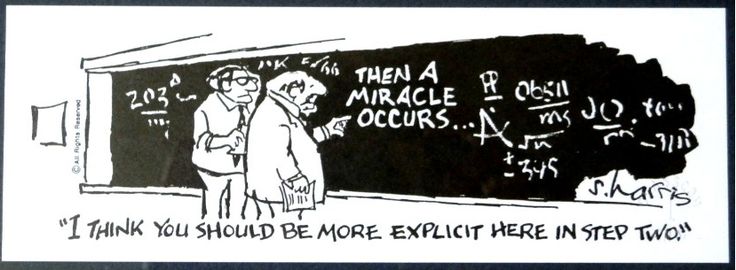Why does the universe exist? Why is there something, rather than nothing at all?
For a minute, let's think about Nothing. When I will use the word "Nothing" with a capital N in this thread, I will refer to a state of reality in which there truly is nothing. No matter. No energy. No spacetime. No God. No laws of physics. No second law of thermodynamics. No law of conservation of energy. No law that says universes don't spontaneously spring into existence out of nothing. No...
Wait, What?
If there is nothing that prevents universes from spontaneously springing into existence, then in our hypothetical state of Nothing, what prevents universes from popping into existence? If Nothing exists, do universes keep popping up?
Perhaps you would say it is actually impossible for the state of Nothing to exist in such a way that it has no law preventing it from generating multiple universes. But in that case we don't really have Nothing. We do have a state that excludes some things like matter and energy, yes, but which does have some laws, such as a law stating that "no thing comes from Nothing". If Nothing cannot exist without having such a law, then we have our answer as to why there is something rather than Nothing. There is something rather than Nothing, because some things (or some laws) absolutely need to exist.
If some things or some laws absolutely need to exist, then which laws need to exist? Must the law that prevents universes from spontaneously creating themselves exist? How do you know?
You might say that the law that states universes do not come from Nothing has to be true, for that is what we observe in our universe. But how is this relevant to our hypothetical state that we will call Nothing? The fact that some event is not observed in The Milky Way does not prove it is impossible in Nothing.
Richard Carrier discusses this at
Koons Cosmology vs. The Problem with Nothing.
What do you think?


